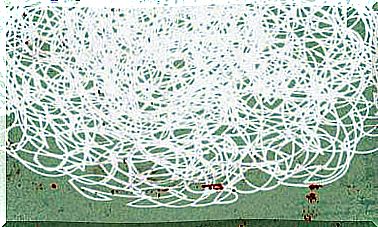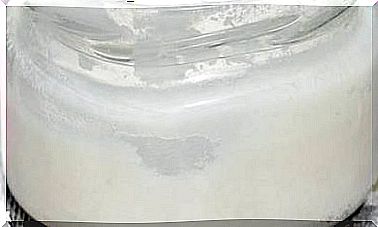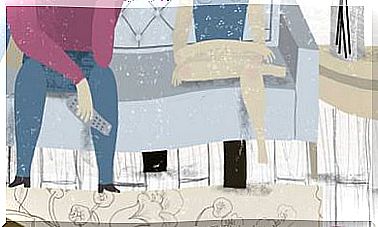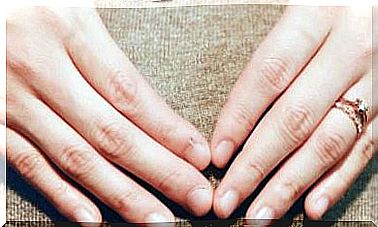Pesticides Off Your Table And Off Your Body
There are 500 pesticides authorized in the European Union and most of them are not safe for health. Organic farming is the only safe alternative

The insecticide DDT and other organochlorine pesticides, which are very persistent in the environment, were banned in 1972. More than 40 years later, traces of DDT are still found in breast milk and in the umbilical cord of newborns, and the daughters of women who were directly exposed to these products, designed to kill pests and weeds, are more likely to develop breast cancer.
However, the pesticide problem did not end with the ban on DDT. The agrochemical industry introduced new molecules (organophosphates, pyrethroids and neonicotinoids) that supposedly degraded rapidly and were safe for health. But scientific research denies it.
45% of the fruits and vegetables analyzed in the EU contain residues of one or more pesticides, some carcinogenic or toxic for human reproduction and wildlife. According to the World Health Organization (WHO), pesticides cause about 300,000 deaths a year and millions of poisonings of varying severity. Farmers and gardeners are especially sensitive, but also pregnant women, fetuses and children.
Five myths questioned
1. Everything is under control
It’s what the authorities say. However, the list of pesticide-related health problems continues to grow: delayed cognitive development in exposed children, behavioral disturbances, birth defects, increased incidence of certain types of cancer and neurodegenerative diseases, reproductive and reproductive system disorders. immune system…
And “minor” problems, such as dermatitis, arrhythmias, damage to male sperm, asthma, menstrual disorders …
2. Limits are not exceeded
According to the European Food Safety Authority (EFSA), in 97% of the foods analyzed there are residues that are not measurable or below what is allowed.
Can we feel safe? No, because the cocktail effect, the impact of ingesting dozens of pesticides together, is not taken into account, and the consequences of accumulation in the body are underestimated. The mixture with other compounds that a person consumes throughout the day should also be analyzed: additives, adjuvants, solvents …
3. They are harmless quantities
A person ingests an average of 0.4 mg of pesticides for every kilogram of fruit or vegetables. It does not seem like a negligible figure at all. And although some chemicals may not pose any apparent harm, in extremely low concentrations they already begin to cause disturbances in the hormonal system.
In the womb, the hormonal signals that trigger the development of the baby are infinitely small. On the other hand, these doses are established for adults, but not for children, babies or fetuses, all of them very sensitive to chemicals.
4. The new ones are safe
Modern products, they say, are safe because they easily biodegrade and break down. So why are residual levels found in food, soil, water, or the human body? In fact, according to some experts, when they break down they are worse: certain by-products that are created can be 100 to 300 times more toxic.
5. Its effect is local
The fauna and vegetation found in the fumigated fields are the only ones affected, they say. However, there is evidence of the spread of risk through surface and groundwater, the air or even the food chain.
Atrazine turns tadpoles into hermaphrodites and males lose testosterone; in raptors affected by DDT, their eggshells weaken and they lose their chicks; in flora, herbicides reduce biodiversity; In the EU , an average of 20% of bee populations has been lost , but in some countries the figure reaches 53%.
How to avoid them
Organic food
An easy way to avoid mass poisoning is to opt for organic food. Another option is home cultivation in small gardens. The idea that organic farming is less efficient and unable to feed the population is another myth, according to Claude Aubert, an expert in organic farming.
Natural alternatives
To combat pests, safer substances are used (sulfur, copper sulfate, neem, essential oils or potash soap) and plant extracts with garlic, chilli … The wisdom of traditional agriculture of associated crops is also recovered for curb weeds, insects and to regenerate the soil.
The idea that organic farming is less efficient and unable to feed the population is another myth.
Washing or peeling the fruit is of little use
Washing the produce from the garden for more than a minute, if possible with warm water and adding a little baking soda, is better. Also peel the fruit at the cost of losing fiber, minerals and vitamins. These habits can lower the chemical dose ingested, but the truth is that pesticides persist in fruits and vegetables even after washing or peeling them, as the analysis of the United States Government Department of Agriculture assures.
Detox in four days
Organic food should be the basis of nutrition, especially for children, pregnant women and couples who want to conceive. Some studies have shown that when children eat only organic food, the metabolites of pesticides present in urine drop to zero in about four days.
Do not use insecticides or herbicides in the home, garden or orchard
Gardening services in some cities denounce the massive use of glyphosate in municipal parks and gardens, a pesticide marketed under the brand name Roundup (Monsanto), which is considered by the WHO as “probably carcinogenic to humans”.
Ask your city council for the products they use in kindergartens, schools and workplaces. Pests in these centers are usually fought with powerful insecticides. In all cases there are ecological alternatives.









